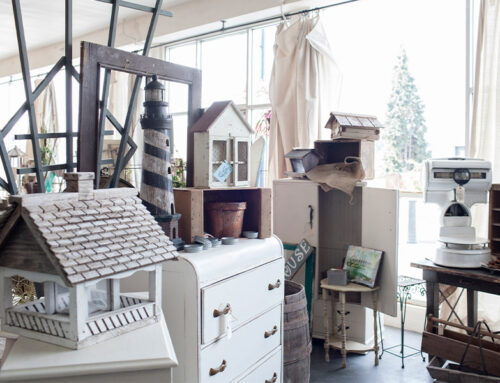Schedule a safety check
All gas appliances in your home need to be safety-checked by a gas engineer once a year. This will ensure they are functioning correctly and safely.
If you live in a rented property, it is your landlord’s responsibility to organise an annual gas safety check. If you are a landlord, you must ensure gas appliances, fittings and chimneys are safe for your tenants, according to the Gas Safety Regulations 1998.
You should always have your appliances checked by a Gas Safe registered engineer. Find one in your local area.
Install a CO alarm
Smoke alarms are now fitting in every home as standard.
However, installing alarms that detect carbon monoxide (CO) can save lives, too. These alarms work by sounding an alarm if CO is detected in your home.
The Gas Safe Register recommends using this type of alarm instead of spot detector warning strips, as these are silent, meaning they can be too easily missed and won’t alert you to a carbon monoxide leak if you’re asleep.
Look out for warning signs
Whilst CO alarms will alert you to carbon monoxide in your home, it’s a good idea to check your appliances are functioning correctly; you should be able to see warning signs if they’re not. These include:
- Yellow, lazy flames on your gas hob, not regular blue ones.
- Dark staining on or around appliances.
- Increased condensation inside windows.
- Pilot lights that frequently blow out
If you think you have a gas leak, open all the windows in your home, extinguish any flames and call 911.
Know the symptoms
The symptoms of carbon monoxide poisoning can be very similar to a hangover, which can make gas leaks hard to spot.
If your home does have a carbon monoxide leak, you will most likely begin to feel ill. The symptoms of carbon monoxide poisoning are:
- Tension-type headache.
- Dizziness.
- Feeling and being sick.
- Tiredness and confusion.
- Stomach pain.
- Shortness of breath.
If you think you have been exposed to carbon monoxide poisoning, you should turn off the gas, leave your home immediately and go to your nearest hospital.




